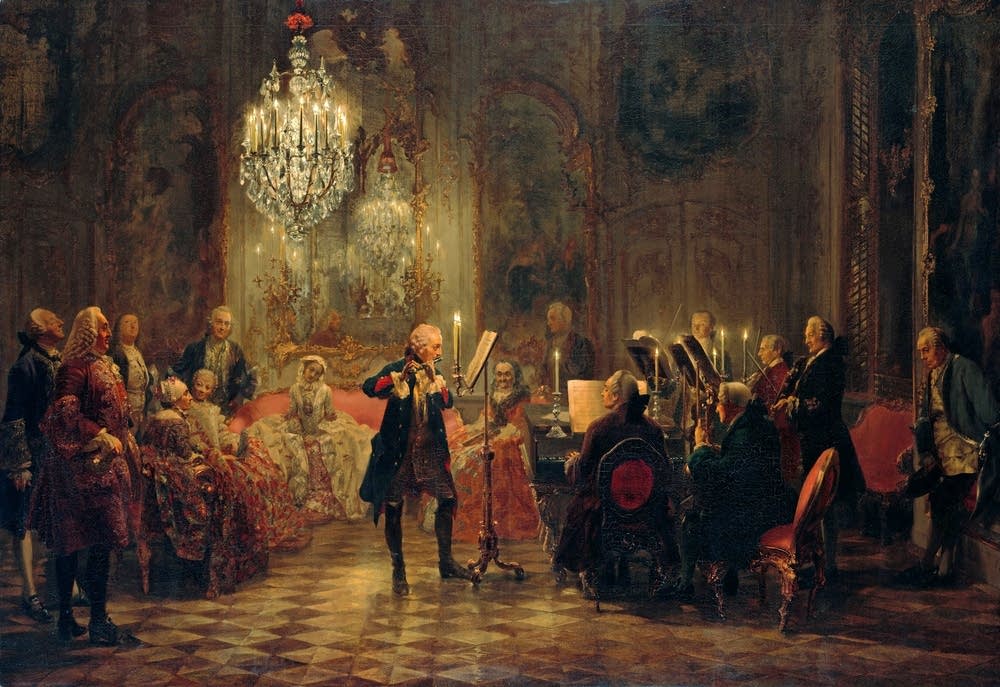Vivaldi’s Trio Sonata No. 12 in D Minor, RV 63: Variations on “La Follia”
Antonio Vivaldi’s Twelve Trio Sonatas, Op. 1, published in 1705, conclude with a dazzling display of musical fireworks. The Sonata No. 12 in D minor, RV 63 unfolds in a single movement made up of twenty variations on La Follia. This theme, first recorded in Francisco de Salinas’ 1577 treatise, De musica libri septem, originated in Portuguese dance music. It was used by numerous composers throughout the Baroque period, including Jean-Baptiste Lully, Domenico Scarlatti, Purcell, …


